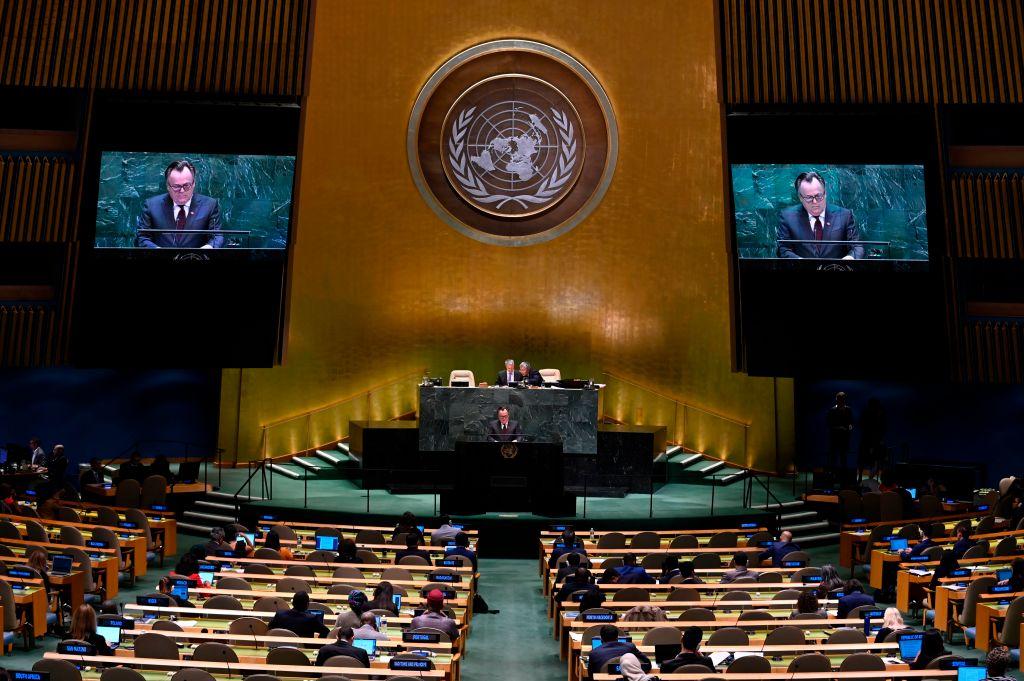From a worldwide pandemic to economic recessions, the assortment of global crises that emerged in 2020 reflect the dysfunction of existing multilateral organizations. Going forward, an expert suggests Canada takes a “minilateral” approach to global affairs.
“In Canada, multilateralism became an end in itself rather than a means to promote and protect our values and interests. Multilateralism for multilateralism’s sake is not in our interest,” Balkan Devlen, a senior fellow at the Macdonald Laurier Institute and adjunct research professor at Norman Paterson School of International Affairs at Carleton University, wrote in his latest article (pdf).





